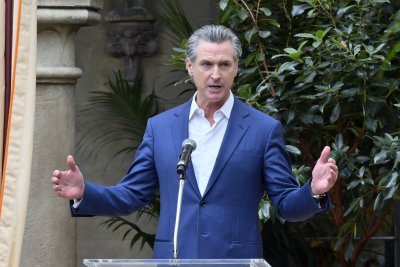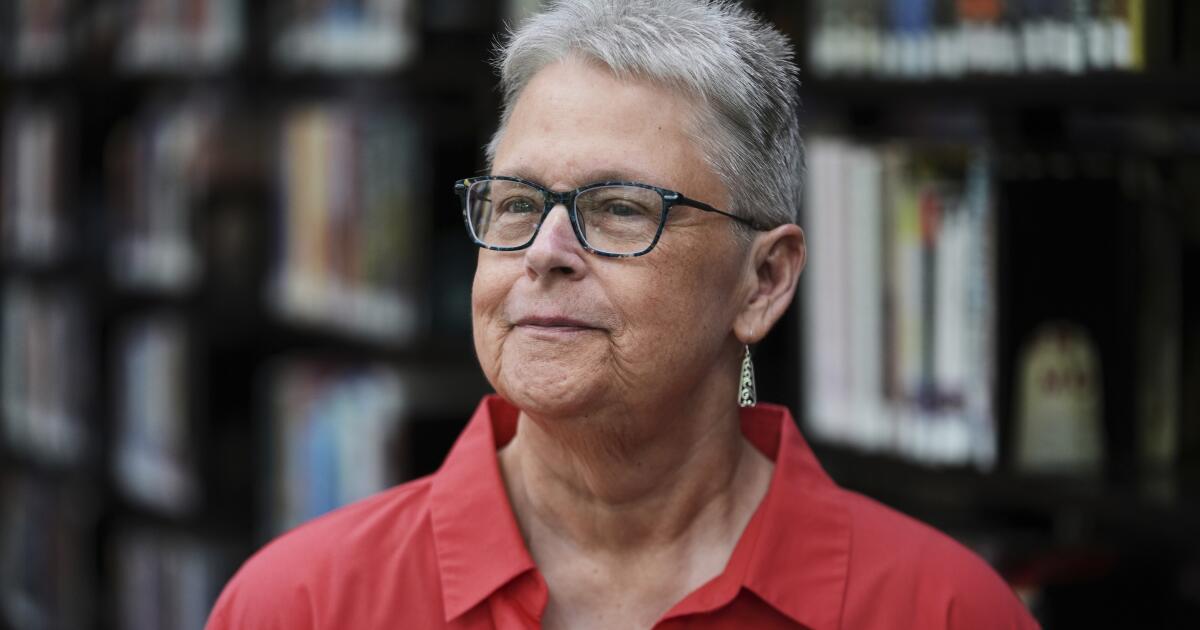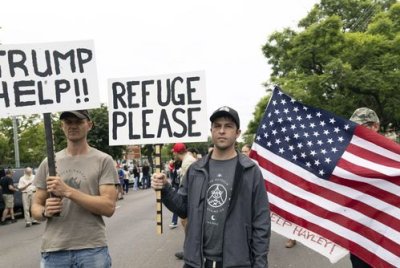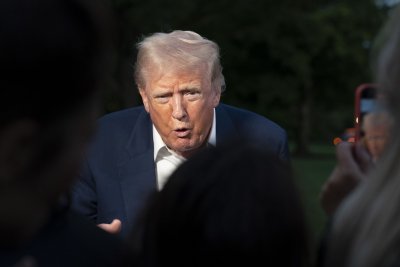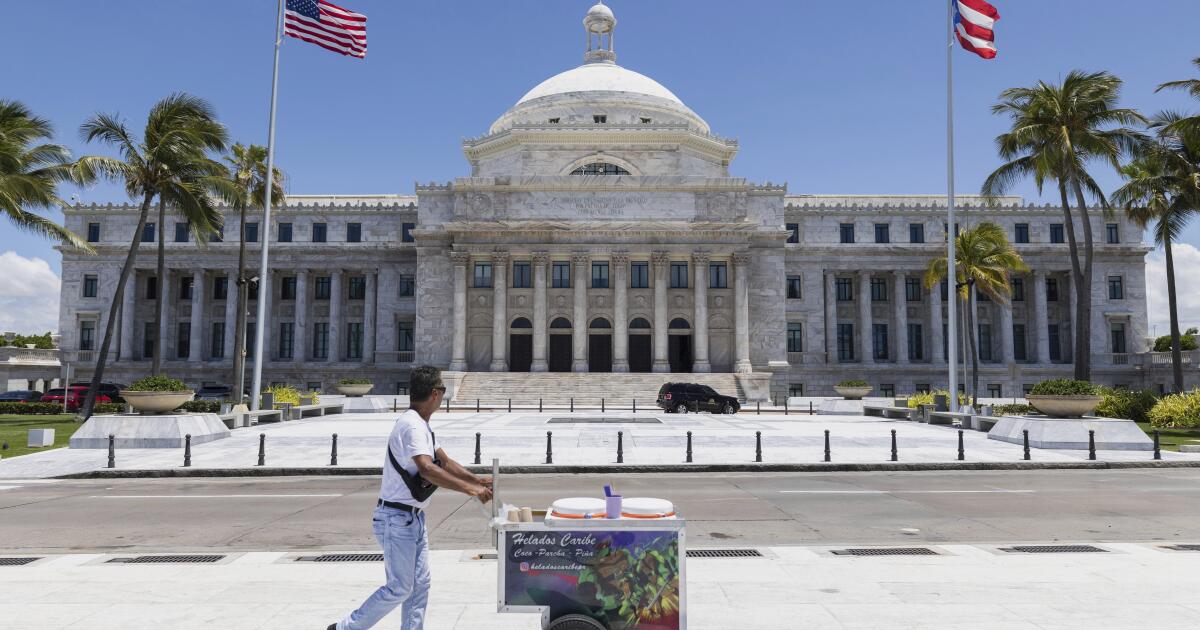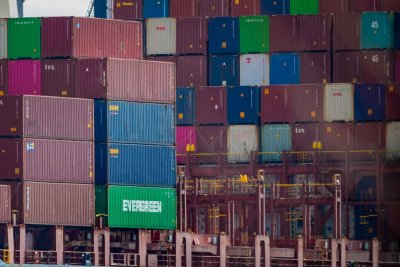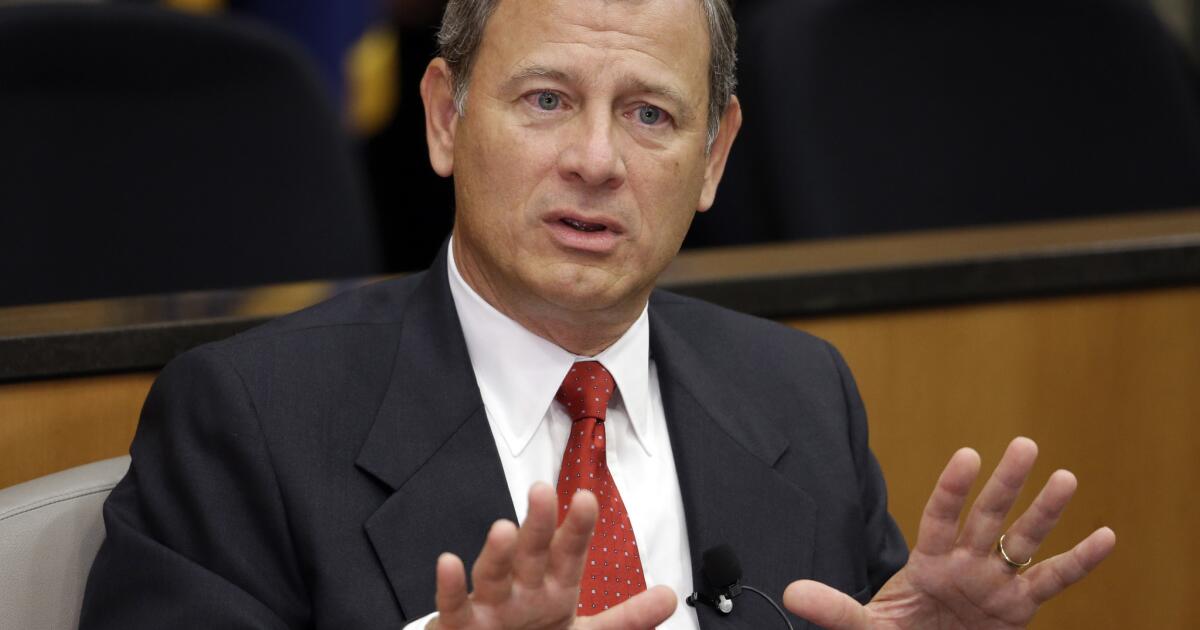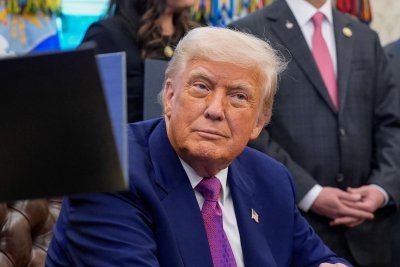International students in Alabama fearful after researcher with no political ties is detained
TUSCALOOSA, Ala. — Sama Ebrahimi Bajgani and her fiance, Alireza Doroudi, had just spent an evening celebrating the Persian new year at the University of Alabama when seven armed immigration officers came to their apartment before dawn and arrested Doroudi.
In a moment, the young couple’s life was upended.
“I was living a normal life until that night. After that nothing is just normal,” Bajgani said.
Details about Doroudi’s detention spread through the small Iranian community in Tuscaloosa, where Bajgani and Doroudi are doctoral students. Other Iranian students say they have been informally advised by faculty to “lay low” and “be invisible” — instilling fear among a once vibrant cohort.
Doroudi is among students across the U.S. who have been detained in recent weeks as part of President Trump’s immigration crackdown. Bajgani said the couple does not know why Doroudi — who has no criminal record or public political views — faces deportation, adding that Trump’s recent visit to the school made her feel like the university was “ignorant of our crisis.”
One Iranian civil engineering student and close friend to Doroudi said he has lost more than 10 pounds due to stress and depression in the six weeks since Doroudi was detained.
“It’s like all of us are waiting for our turn. It could be every knock, every email could be deportation,” said the student, who spoke on condition of anonymity because of concerns about losing his legal status.
He now avoids unnecessary trips outside. When he was in a car crash last month, he begged the other driver not to call the police, even though he wasn’t at fault, because he didn’t want to draw attention to himself.
‘I stayed with their permission’
Bajgani said Doroudi, 32, is an ambitious mechanical engineering student from Shiraz, Iran.
He entered the United States legally in January 2023 on a student visa. Bajgani said he often worked 60-hour weeks while still making time to run errands for loved ones.
“If someone like him doesn’t get to the place he deserves, there is nothing called the American dream,” she said.
Doroudi’s visa was revoked in June 2023, but the embassy didn’t provide a reason and ignored his inquiries, Bajgani said. The university told him he could stay as long as he remained a student but that he would not be allowed to reenter the U.S. if he left, she said.
He was operating under that guidance when immigration officers came to the couple’s door in March.
The University of Alabama didn’t comment on Doroudi’s case, but said it offers resources to help immigrants on campus comply with federal law. It also offers guidance to students whose visas are revoked.
“Our international students are valued members of our campus community,” university spokesperson Monica Watts said in a statement.
Doroudi told Bajgani he spent three days in a county jail, sleeping on a tile floor and feeling panicked.
He is now in a Louisiana immigration detention facility more than 300 miles from Tuscaloosa while he awaits a deportation hearing scheduled for next week. At least one other high-profile international student is there.
“I didn’t deserve this. If they had just sent me a letter asking me to appear in court, I would’ve come, because I didn’t do anything illegal. I stayed with their permission,” Doroudi said in a letter he dictated to Bajgani over the phone to provide his perspective to others. “What was the reason for throwing me in jail?”
Trump’s immigration crackdown
More than 1,000 international students across the U.S. have had their visas or legal status revoked since late March, according to an Associated Press review of university statements and correspondence with school officials. They included some who protested Israel’s war in Gaza. Immigration and Customs Enforcement has since reversed those revocations, including those of four University of Alabama students.
“University staff closely monitors changes that could affect them and has communicated updates related to new protocols and procedures,” Watts said.
A Louisiana judge who denied Doroudi bond in mid-April said he didn’t sufficiently prove that he wasn’t a national security threat, Doroudi’s lawyer, David Rozas said. Rozas said he was “flabbergasted” because the government hasn’t presented evidence that Doroudi is a threat, though that is what the Department of Homeland Security has alleged.
A familiar sense of fear
International students make up more than 13% of the statewide University of Alabama graduate program, according to the school’s website. More than 100 Iranian students attend the university, according to an estimate from the Iranian Student Assn.
Every year, many gather for a picnic to celebrate Sizdah Bedar, the 13th day of the Persian new year, which begins with spring.
This year, the typically festive holiday “felt like a funeral service,” one Iranian doctoral student said. At one point, silence fell over the group as a police car passed.
“It’s becoming too hard to be living here, to be yourself and thrive,” said the student, who spoke on condition of anonymity because she fears retaliation.
She has criticized the Iranian regime since arriving in the United States more than five years ago, so she suspects she is no longer safe in her home country. Now, she has those same doubts in Alabama.
“All of a sudden it feels like we’re returning back to Iran again,” she said.
Riddle writes for the Associated Press.

